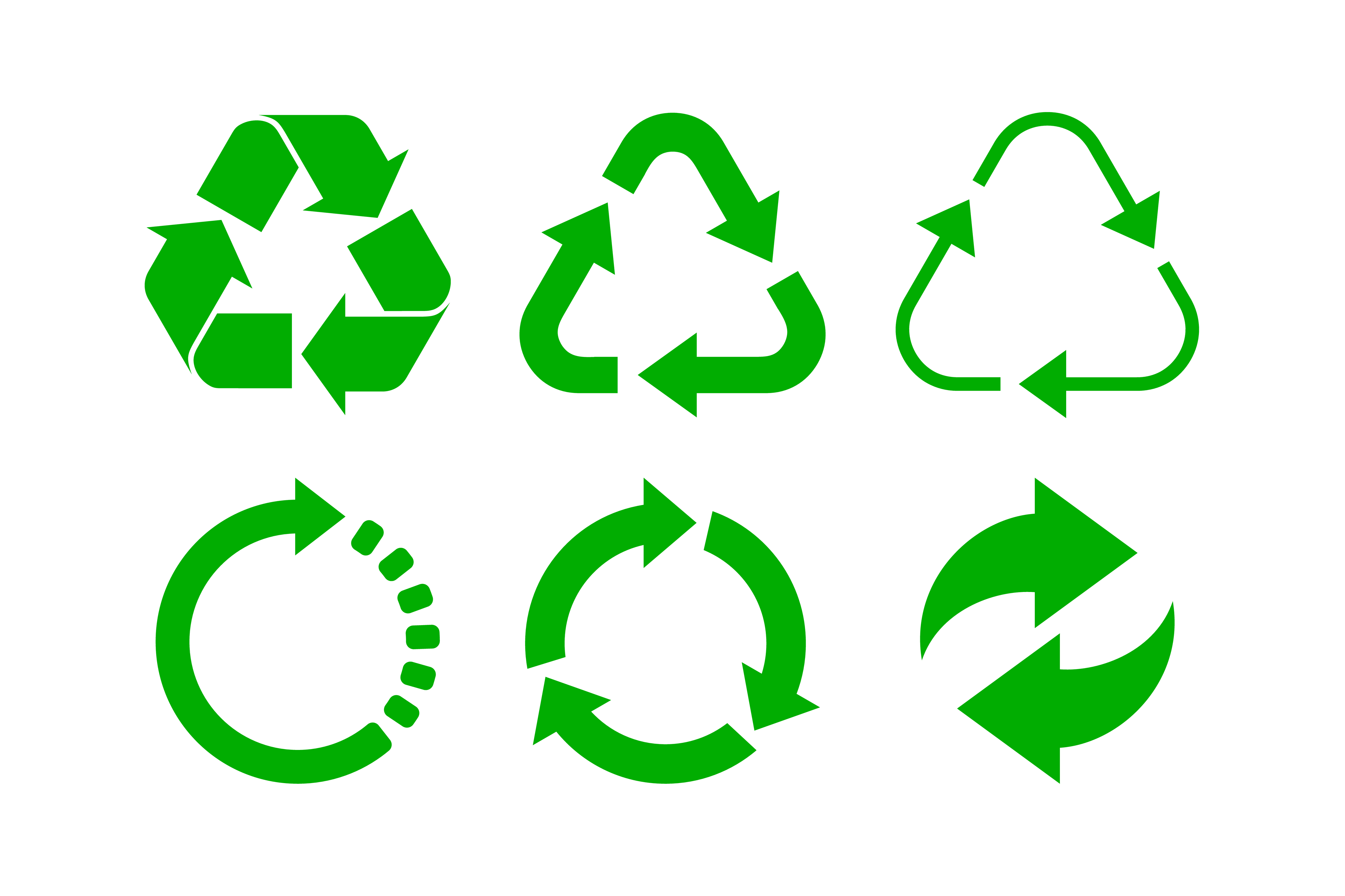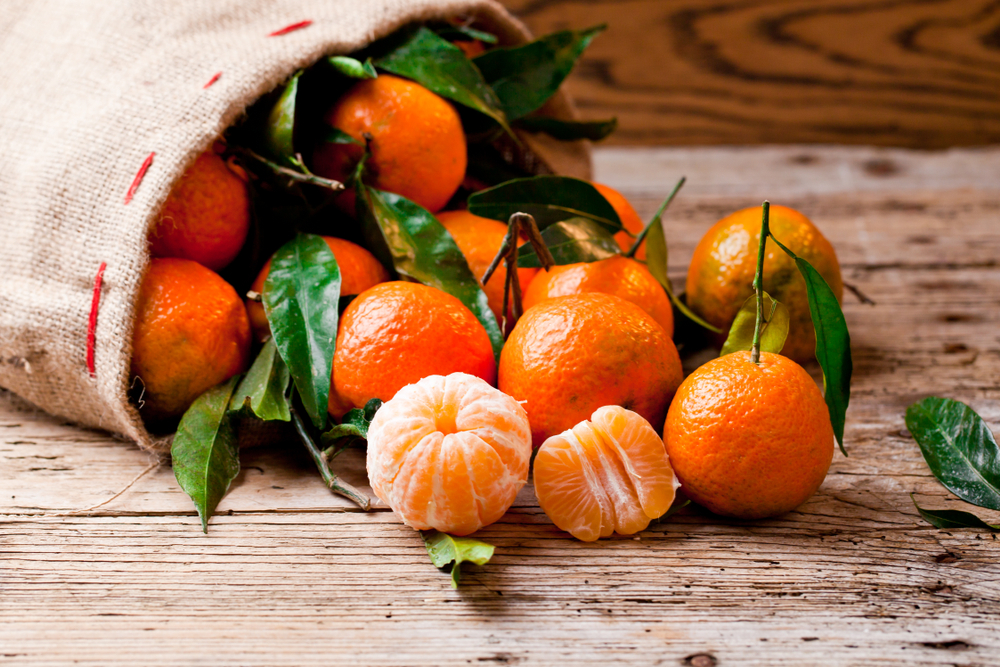Zero waste food

Wasted food
According to the Food and Agriculture Organisation of the United Nations (FAO), 1 billion 300 million tonnes of food suitable for consumption, i.e. one third of the food already produced, is wasted every year worldwide. In Poland, almost 5 million tonnes of food are wasted – this is not only an economic and environmental problem, but also an ethical one.
Researchers at the Łukasiewicz-Poznan Institute of Technology are working on solutions to help prevent food waste. Tasks are being carried out as part of a project aimed at developing a technology for managing eggs that are damaged or unsuitable for packing (weak shells) and sale and considered waste requiring disposal. It is assumed that the technology developed as part of the project will be used through a technological line built with a maximum capacity of 150kg/h. The developed technology will make it possible to produce egg mass or egg white and yolk separately with an extended shelf life.
In addition, experts in the area of food technology from Łukasiewicz – PIT, carried out a project which resulted in the development of:
- an innovative method of calculating the carbon footprint of frozen food products ready to be used in business in the form of an expert system (CF Expert software),
- innovative technologies for the production of new frozen and freeze-dried products (vegaburgers, pastes and liobatones) using whole vegetable pulp,
- a prototype line for the production of a burger from vegetable pulp.
Vegetable burger
The burger production line and the trials carried out made it possible to develop a recipe and a technological process favourable to the mechanical formation of a burger with an optimal shape with visible pieces of vegetables, without deforming as it passes through the various production stages. The optimum selection of the electrical components of the design allowed for a lower carbon footprint in production. The project is part of the current trend against food waste, while supporting the trend towards a circular bioeconomy, in line with the motto that “today’s waste will be tomorrow’s products”. This will reduce the negative impact of food production processes on climate change and rationalise and reduce CO2 emissions into the atmosphere. It will contribute to increasing the management of wholesome food waste and the public’s access to food products with high nutritional and health values.
The very high commercial potential of the prototype line for the production of a burger from vegetable stock and the application of the novel method of calculating the carbon footprint (CF) to the production of new products is a world novelty. The solution is a major contribution to the development of knowledge about combating negative climate change and technologies for the production of safe and healthy food, taking into account the developed method of calculating the carbon footprint. The developed technology is a systemic solution that will positively impact the health of the population by increasing the proportion of vegetables in the diet, while providing wholesome products in a quick and easy-to-prepare form. Furthermore, it will reduce the negative impact on climate change of food production processes and rationalise and reduce the level of CO2 emissions into the atmosphere by the food industry.
The scientific and research station for the production of a burger from vegetable slurry and the research work towards lowering the carbon footprint in the technological process of its production were recognised in the 13th edition of the SIMP “Best Technical Achievement 2019” competition and awarded the Gold Medal at the Poznan International Fair ITM Industry Europe 2021, Modernlog 2021, Science For Economy 2021.


